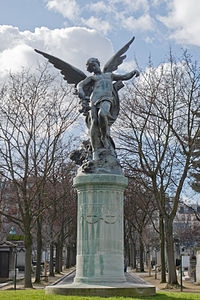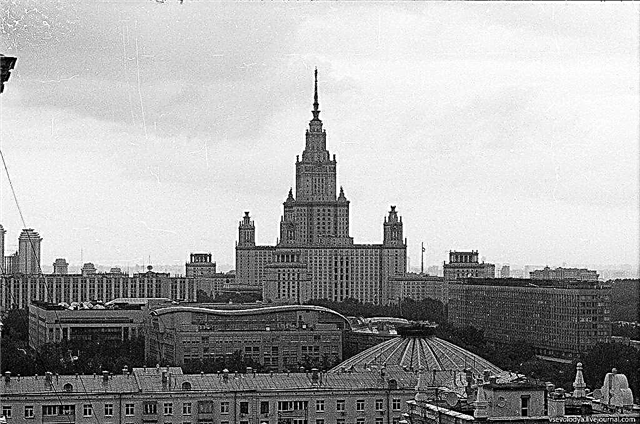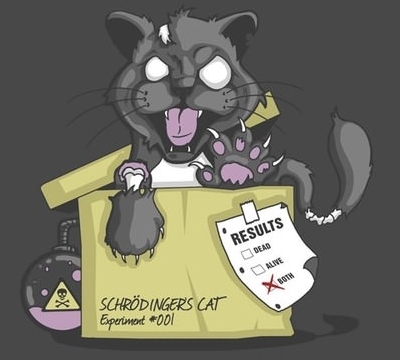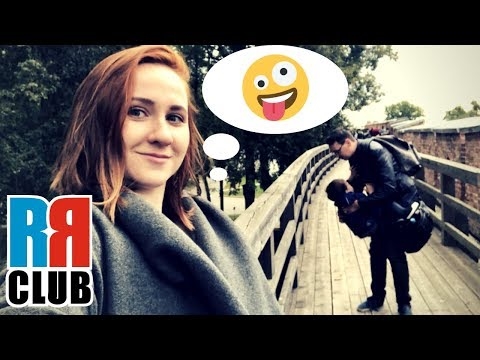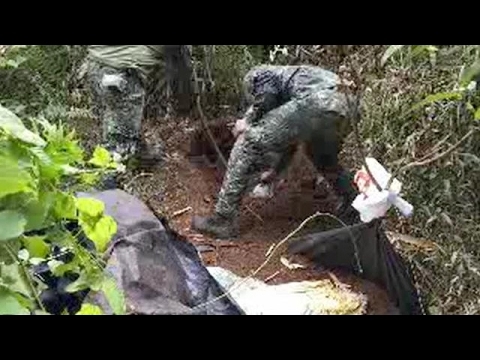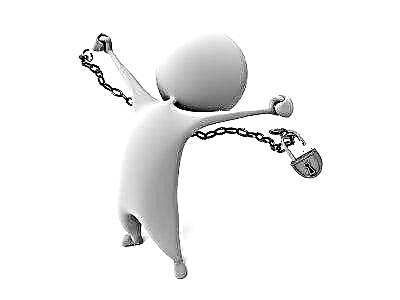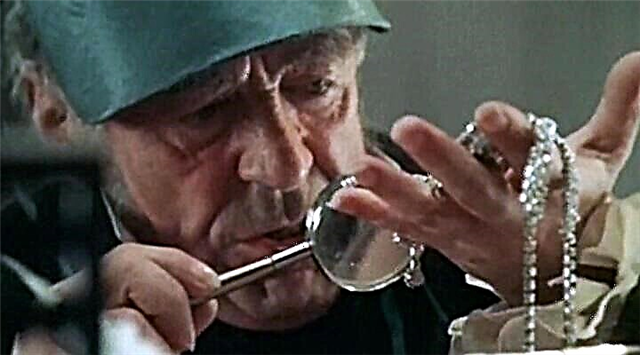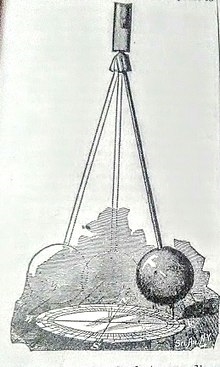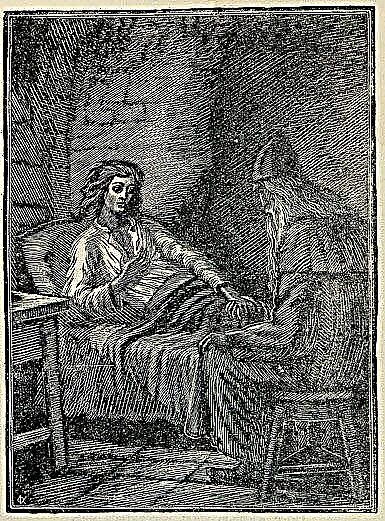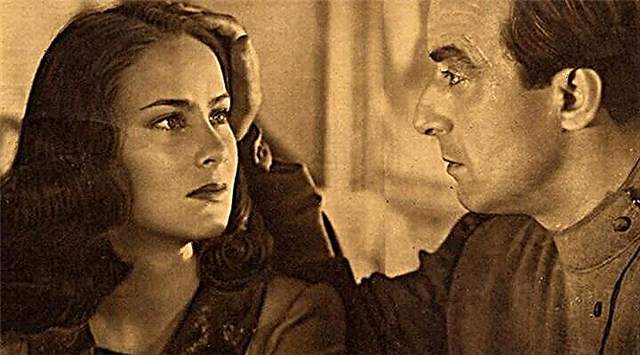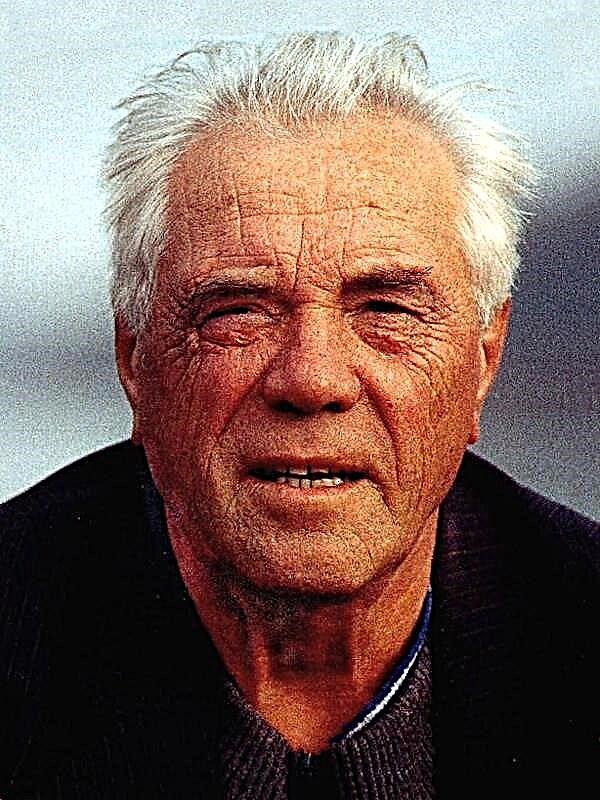(345 words) Remarks in plays play a decisive role. They contain hints that help the reader understand the intent of the author. On the stage, remarks are shown using gestures and scenery, so the viewer does not focus on them and often does not understand the hidden meaning of the play. Meanwhile, the author’s explanations contain important information necessary for understanding the work.
So, from the remark of the first act of the play “The Cherry Orchard”, it becomes clear that the characters do not want to let the present into their lives. Despite the fact that the children grew up long ago, the room did not change its name. A very important detail is the closed windows. People who live here seem to be in their own world and do not want to let anything into it that could diversify it. Outside the window, the spring time is May, but the coolness in the garden seems to be a harbinger of misfortunes that will soon fall upon the estate.
The second action begins with a remark, from which we learn that not far from the garden you can see a big city. New time is already on the verge and is ready to deal with the past. Cherry Orchard time is running out. If the first action described the sunrise, then here is the sunset. Sunset of a beautiful era. The estate will soon be auctioned for debts.
In the third act, Ranevskaya, in anticipation of the news from the auction, starts dancing to unwind a little. However, the characters can not even temporarily stop thinking about the fate of their beloved garden. In the remark “Varya cries softly and, dancing, wipes away her tears.” The orchestra is playing.
In the fourth act, the scenery of the first act. The garden is sold, and now its former owners are preparing to leave. Things are collected, and "emptiness is felt." Gaev and Ranevskaya are leaving. "It becomes quiet and in the midst of this silence there is a dull thud of an ax on a tree, sounding lonely and sad." Everything that Ranevskaya and Gaev loved so much is destroyed in an instant.
In Chekhov’s play “The Cherry Orchard”, it is thanks to the remarks at the beginning of each action that the attentive reader understands that the meaning of the work is much deeper than it seems at first glance. Gaev and Ranevskaya lived in the past, but time goes on. It is cruel and destructive. It put an end to the happy existence of the landowners. The cherry orchard has been cut down. The drama is about the change of eras. The landlords, deprived of business acumen, are being replaced by active and predatory people.

